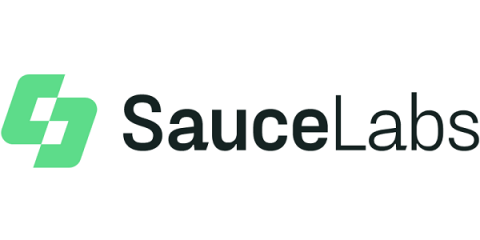The benefits of building an on-demand data lake in healthcare
This blog was written in partnership with Navdeep Alam, Senior Director, Global Data Warehouse, IQVIA Healthcare is unique. It isn’t defined like other businesses by how much revenue can be generated, but more in terms of achieving positive health outcomes, better value, and saving lives through the rapid development of new treatments and therapies.











